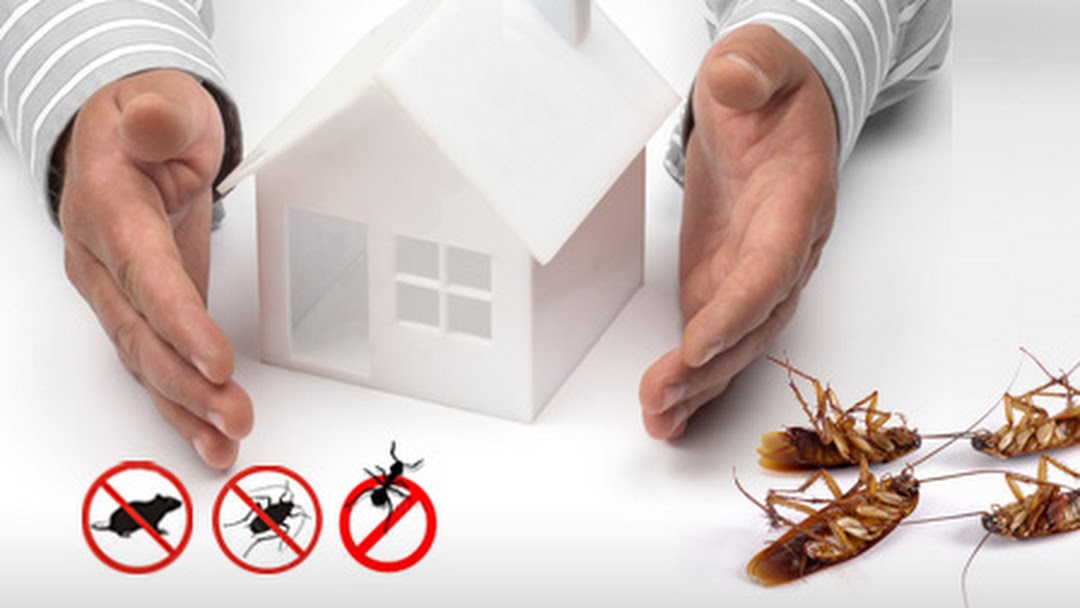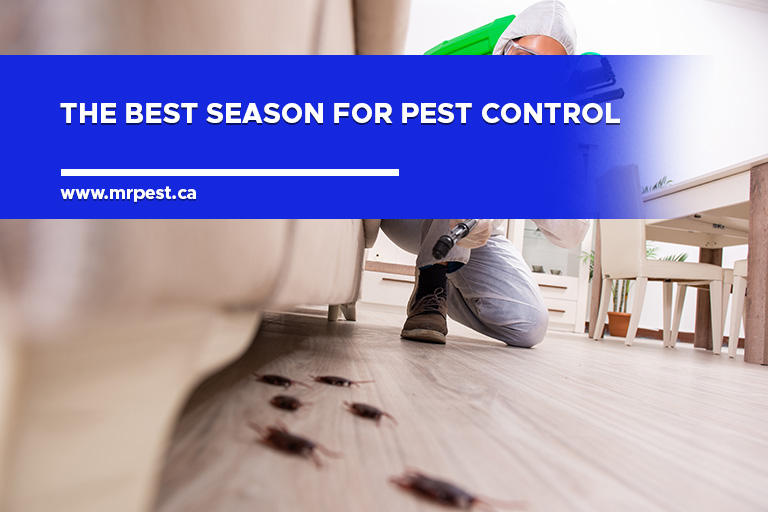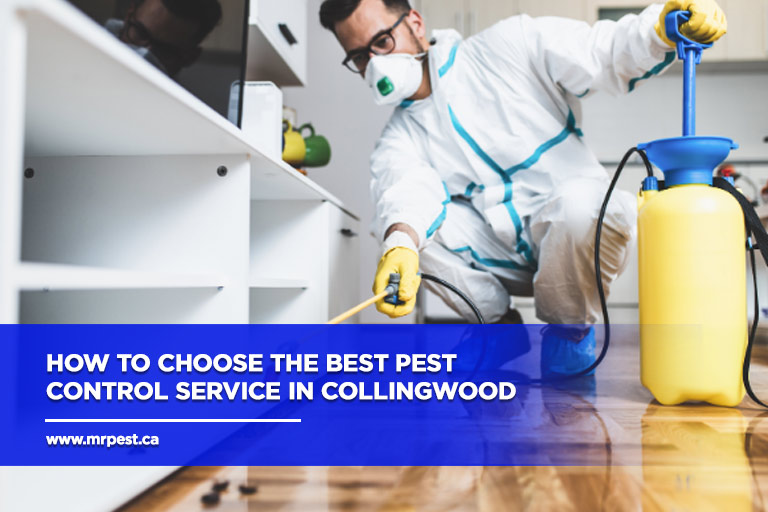Safe and Dependable Parasite Control for Lasting Security
The importance of reliable and safe bug control can not be overemphasized, specifically in an era where ecological worries are paramount. Effective insect management calls for a multifaceted strategy that balances environmental integrity with the demand for efficient bug reductions. By exploring green services and integrated bug monitoring techniques, home owners can achieve enduring security against intrusive varieties while securing useful environments. The nuances of these techniques may not be right away clear, triggering a closer assessment of the techniques that can lead to lasting parasite control results. What steps can be taken to make sure both security and efficiency in parasite management?
Understanding Pest Control Techniques
Insect control includes a variety of approaches focused on handling and getting rid of unwanted pests and rats that can endanger both health and residential property. Comprehending these approaches is vital for reliable pest management.
The key groups of insect control approaches consist of mechanical, organic, and chemical strategies. Mechanical techniques entail physical barriers and catches to stop parasite entrance and capture undesirable types. Using displays on home windows or utilizing sticky traps can considerably reduce insect populaces without introducing dangerous materials - exterminator coquitlam.

Chemical pest control is usually one of the most identified approach, utilizing chemicals to remove parasites. These chemicals can be effective but should be utilized with caution to prevent negative results on non-target varieties and the environment.
Benefits of Eco-Friendly Solutions
Exactly how can environmentally friendly remedies change parasite control techniques? The adoption of environmentally friendly parasite control methods offers numerous advantages, considerably enhancing the performance and safety of pest management (exterminator coquitlam). Firstly, these remedies make use of all-natural components, lowering the dependence on unsafe chemicals that can present risks to human health and the setting. This shift not just secures households and pets but additionally reduces the potential for soil and water contamination.

One more benefit is the positive influence on regional biodiversity. Environmentally friendly remedies are made to target specific parasites while preserving advantageous bugs and wild animals, promoting a balanced environment. This strategy aligns with the growing consumer demand for sustainable techniques, enhancing the track record of pest control providers.
Integrated Insect Administration Approaches
The execution of environment-friendly solutions normally leads to the adoption of Integrated Insect Administration (IPM) approaches, which better improve insect control effectiveness. IPM is an alternative technique that incorporates numerous methods to handle pest populations while reducing environmental impact. This strategy emphasizes using organic, social, mechanical, and chemical controls, ensuring a well balanced and lasting approach of bug administration.
One fundamental facet of IPM is the complete evaluation of insect activity and ecological pest control packages conditions. By keeping an eye on bug populations and identifying their life process, professionals can carry out targeted interventions that interfere with the pest's environment or lifecycle, reducing reliance on chemical pesticides. In addition, cultural practices such as plant rotation and habitat control can substantially decrease pest establishment and recreation.
Another crucial part is making use of organic control agents, such as useful insects or microbes, which can naturally subdue insect populaces. When chemical applications are required, IPM focuses on the usage of low-risk pesticides and applies them selectively, minimizing exposure to non-target microorganisms and humans.
Incorporating IPM approaches not just enhances insect control effectiveness but also promotes a safer ecological community, straightening with the growing need for sustainable techniques in pest administration.
Safe Practices for Homeowners
Comprehending the value of risk-free methods in bug control can equip property owners to properly handle parasite concerns while securing their health and the atmosphere. Carrying out precautionary actions and non-toxic methods is vital in minimizing exposure to dangerous chemicals.
Home owners need to first assess their environment for problems that attract pests, such as standing food, mess, and water waste. Regularly cleaning and sealing access factors can prevent bugs from getting into the home. Utilizing all-natural deterrents, such as necessary oils or diatomaceous earth, can provide effective choices to chemical pesticides.
When chemical therapies are required, property owners should go with items that are particularly labeled as secure for household use. It is necessary to follow application standards meticulously to stay clear of too much exposure. Additionally, using targeted therapies in locations where pests are recognized, instead of covering spraying, can significantly reduce chemical usage.
Last but not least, maintaining open interaction with insect control specialists is important. Property owners should inquire about the security of items used and demand environmentally friendly alternatives whenever possible. By taking on these safe methods, property owners can produce a much healthier living environment while properly handling bug issues.

Tips for Long-Term Protection
Developing a parasite management method that stresses long-term protection can considerably boost the performance of the secure practices formerly reviewed. To accomplish this, home owners should execute regular assessments of their property, concentrating on hidden areas such as attics, basements, and crawl areas. Early discovery of bug task is crucial in avoiding problems from holding.
Furthermore, preserving a tidy atmosphere is crucial. This consists of correct food storage space, promptly cleaning spills, and routinely throwing away rubbish. These techniques lower attractants that attract bugs right into the home. Moreover, sealing entry points, such as cracks around home windows and doors, can successfully obstruct possible parasite accessibility.
Landscaping ought to also be taken into consideration; keeping plants cut and keeping a distance in between plant life and the home reduces hiding areas for pests. Making his response use of natural deterrents, such as important oils or diatomaceous earth, can better prevent infestations without considering severe chemicals.
Last but not least, teaming up with a professional parasite control service for periodic examinations can provide an added layer of safety and security. These specialists can provide customized recommendations and progressed treatments, making certain that your home remains shielded against bugs in the long term.
Final Thought
In conclusion, trusted and risk-free parasite control requires a diverse strategy that emphasizes green approaches and integrated insect management. By applying all-natural deterrents, conducting normal evaluations, and preserving correct sanitation, residential or commercial property proprietors can dramatically decrease bug populations while securing like this valuable insects and the environment. Partnership with expert bug control services boosts the performance of these strategies, ensuring tailored services that offer long lasting security and comfort versus future problems.
Reliable parasite monitoring calls for a complex strategy that stabilizes environmental stability with the demand for efficient pest reductions. The fostering of green pest control approaches supplies countless advantages, significantly boosting the performance and safety of pest monitoring.The implementation of environment-friendly options naturally leads to the adoption of Integrated Parasite Administration (IPM) strategies, which better boost bug control effectiveness. exterminator coquitlam. By keeping an eye on insect populations and recognizing their life cycles, experts can apply targeted interventions that disrupt the parasite's habitat or lifecycle, minimizing reliance on chemical pesticides.In verdict, trustworthy and safe parasite control needs a multifaceted method that emphasizes eco-friendly approaches and incorporated bug management